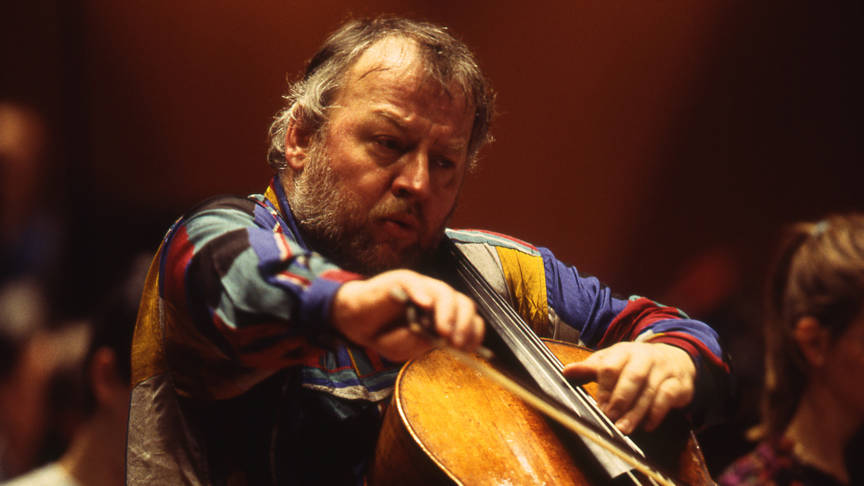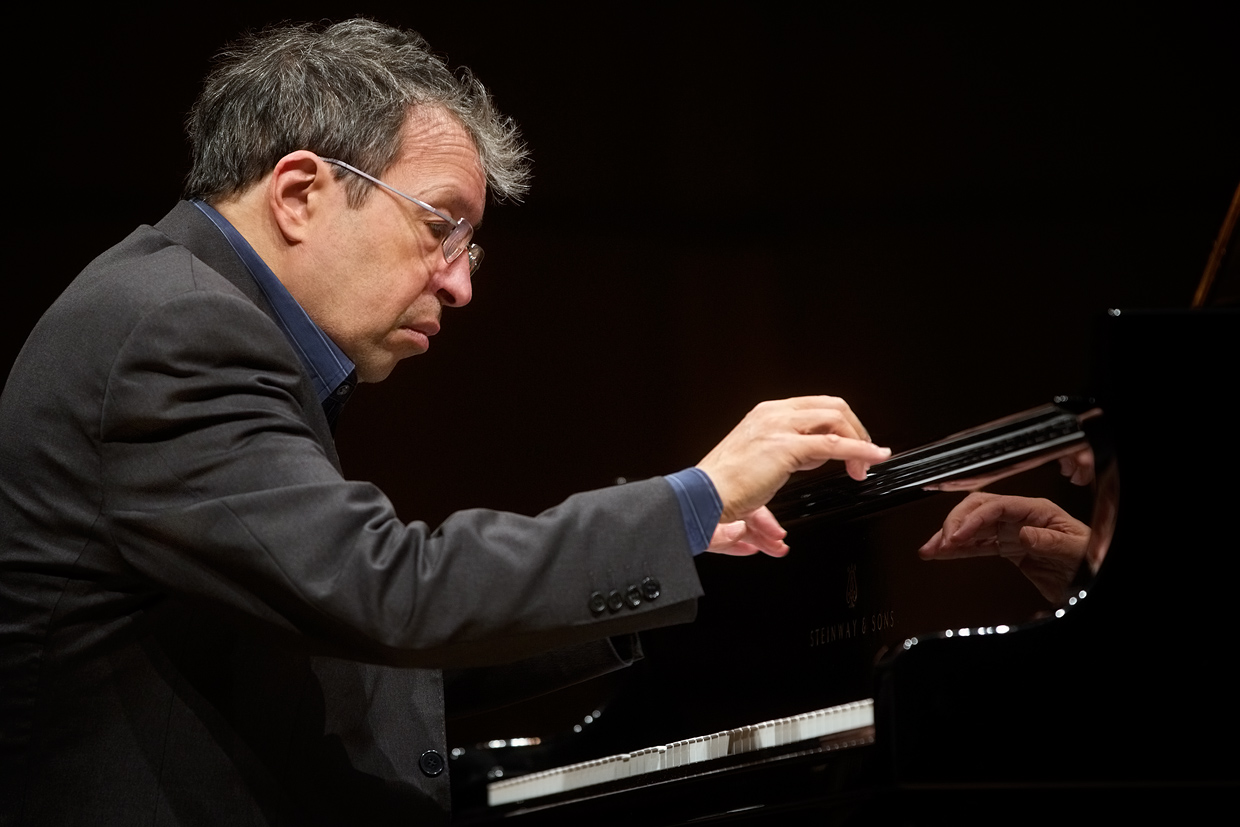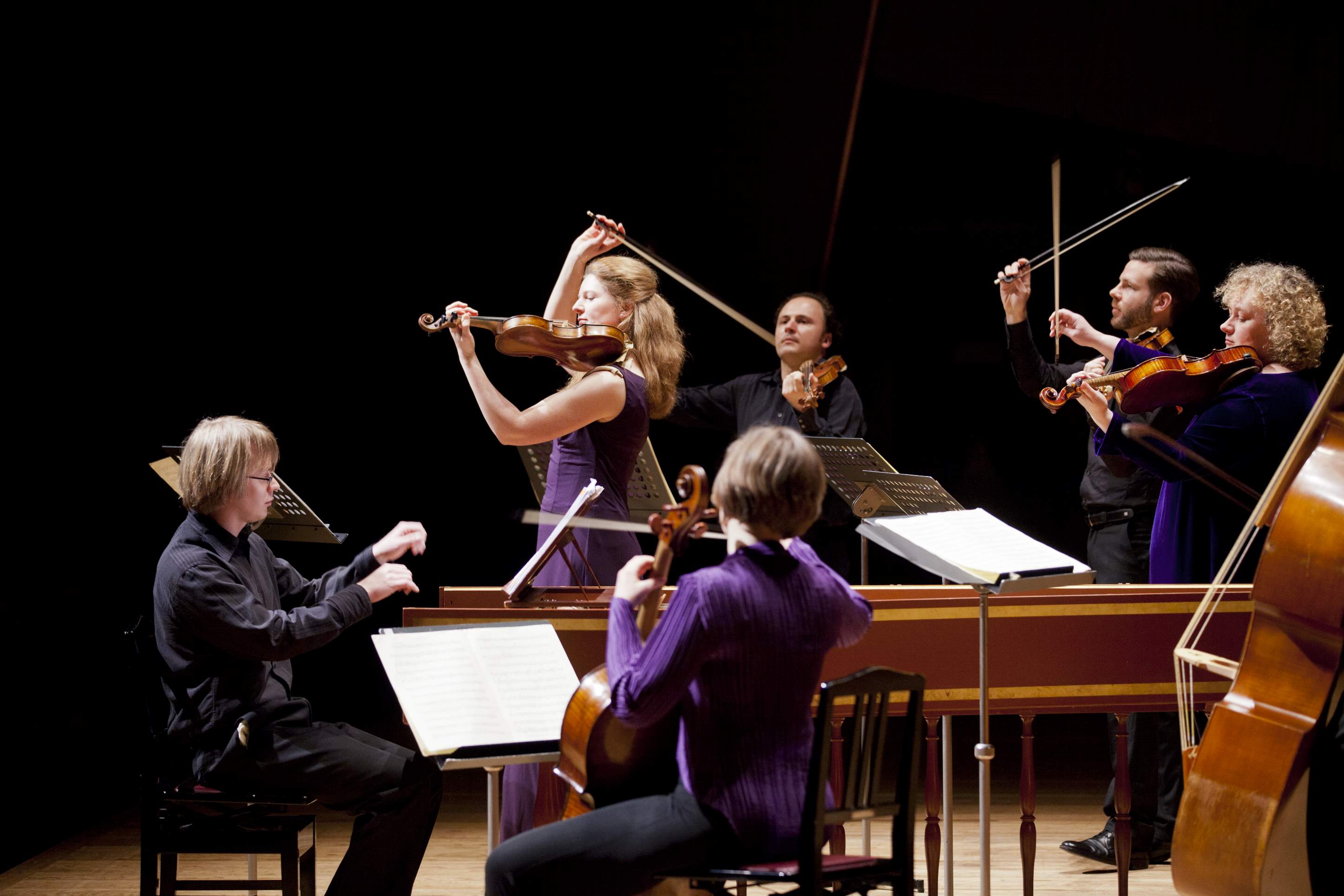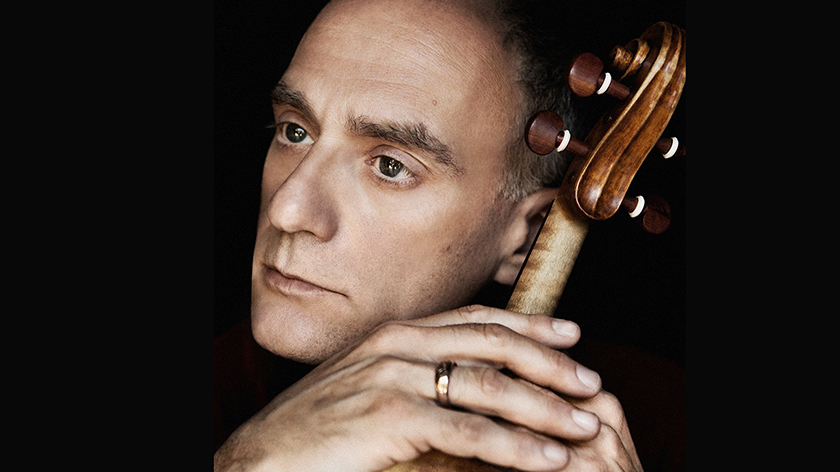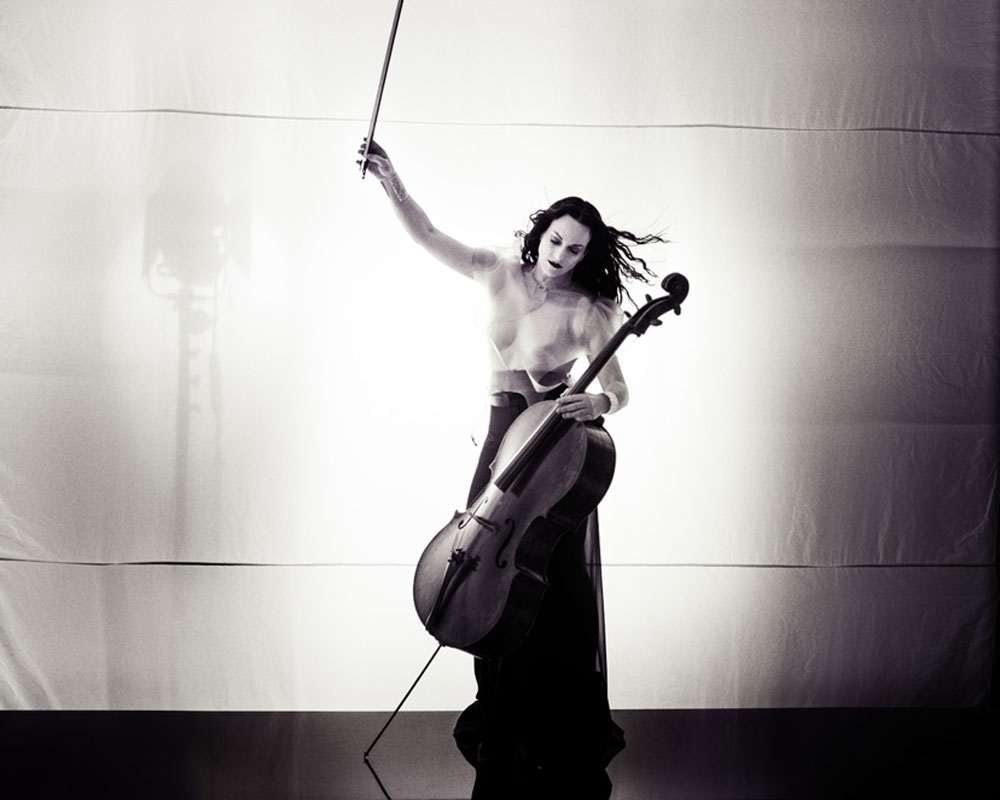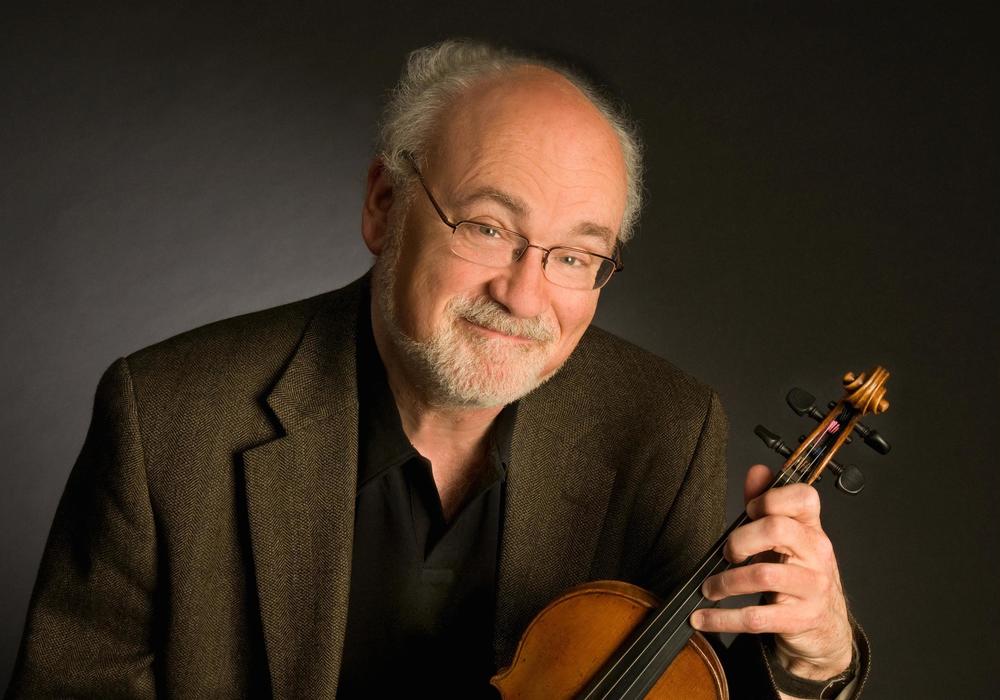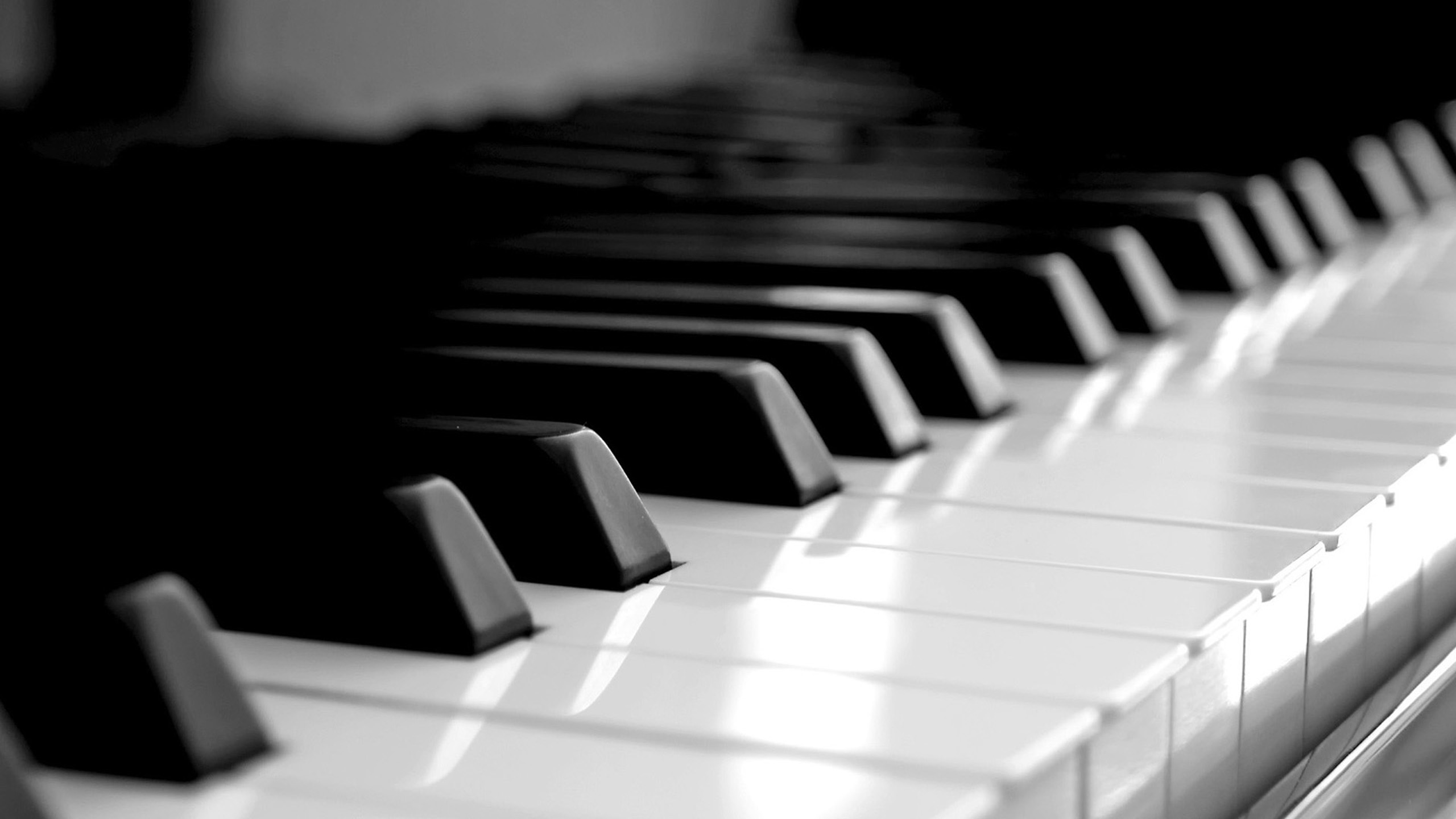Remembering Heinrich Schiff
The world-renowned Austrian cellist and conductor Heinrich Schiff passed away on Friday. He was 65. Schiff leaves behind an extensive recorded legacy, including cello concertos of Vivaldi and Haydn, the Brahms Double Concerto with violinist Frank Peter Zimmermann, and the Shostakovich Cello Concertos, conducted by Maxim Shostakovich (the composer’s son). In 1971, he gave one of the earliest performances of the haunting Cello Concerto by twentieth century Polish composer Witold Lutoslawski. Heinrich Schiff will be remembered, also, for his spectacular 1985 recording of J.S. …

